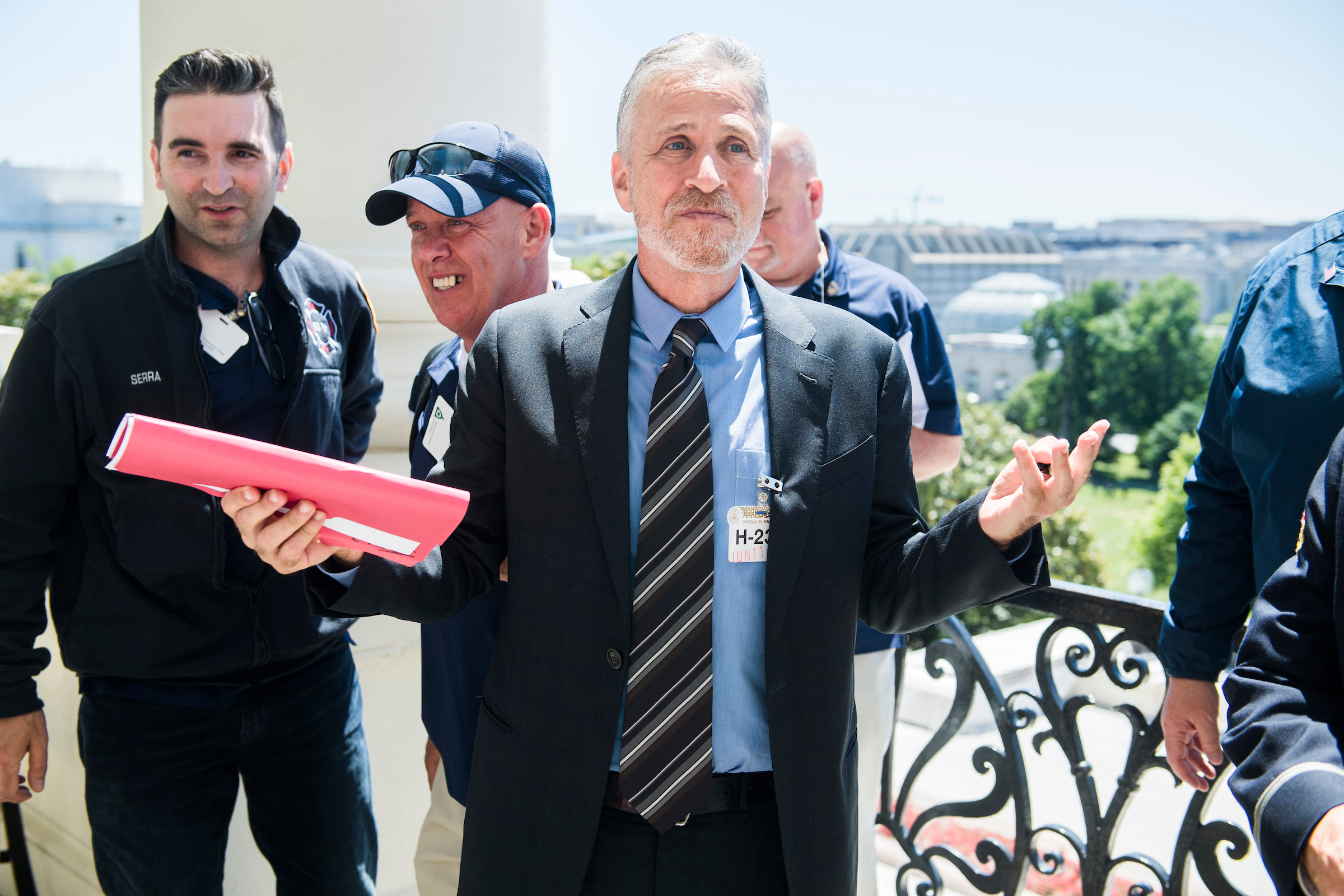Senate schedules debate on 9/11 victims compensation bill
The bill sailed through the House last week, but Senate fiscal hawks worried about price tag

Senate leaders have agreed to take up a bill Tuesday that would extend a financial lifeline to thousands of victims suffering health problems from the Sept. 11 terrorist attacks.
The bill sailed through the House last week on a 402-12 vote, but has faced resistance in the Senate from fiscal hawks worried about its price tag. The measure would effectively make permanent a special compensation fund for first responders and other victims of the 2001 attacks, while providing however much money is needed to pay all eligible claims.
[9/11 aid bill passes House after emotional lobbying campaign]
The measure would cost nearly $10.2 billion in the next 10 years and billions more after that, according to the Congressional Budget Office.
An agreement to schedule a floor vote was reached Thursday after two fiscal hawks won the right to offer amendments aimed at curbing the long-term cost. Sen. Mike Lee said he was concerned the measure makes an open-ended financial commitment for decades into the future.
“It does not specify a dollar amount,” Lee said. “This is a recipe for trouble.”
Lee said he would offer an amendment providing $10.2 billion for the coming decade, while limiting all future spending to $10 billion from 2030 through 2092.
[GOP spending hawks hang up 9/11 bill; passage still likely]
Sen. Rand Paul who objected to proceeding to the bill Wednesday, also plans to offer an amendment to pay for the bill, an aide said.
While those amendments appear likely to be defeated, their inclusion in floor proceedings will clear the way for swift Senate action on the long-awaited legislation before Congress adjourns for the August recess.
“I am grateful that we now have this agreement on timing,” said Sen. Kirsten Gillibrand, a Democratic presidential hopeful and the lead sponsor of the Senate version of the House bill. Her measure already has 73 co-sponsors, more than enough to ensure passage by a veto-proof margin.
Gillibrand said she would oppose Lee’s amendment because it risks leaving the victims compensation fund short of cash in future decades to pay all claims. She said she didn’t want to make victims have to return to Washington to lobby anew for yet another extension. “So many of them are sick and dying,” she said. “This is literally all that’s necessary for families to survive.”
Senate Minority Leader Charles E. Schumer said he welcomed the commitment to take up the bill. He had earlier expressed concerns the measure could get attached to other legislation that could risk passage. “For the first time, it’s hard to see anything standing in the way of this bill becoming law,” he said at a news conference hailing the new agreement.
The White House has not taken an official position on the bill.
“I cannot imagine that the president will not sign the bill,” Schumer said.





